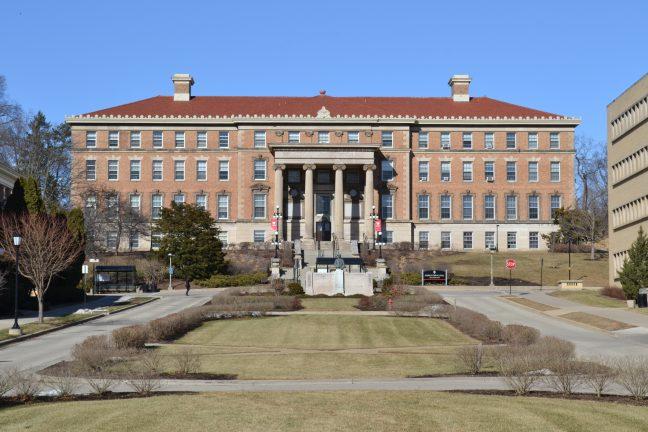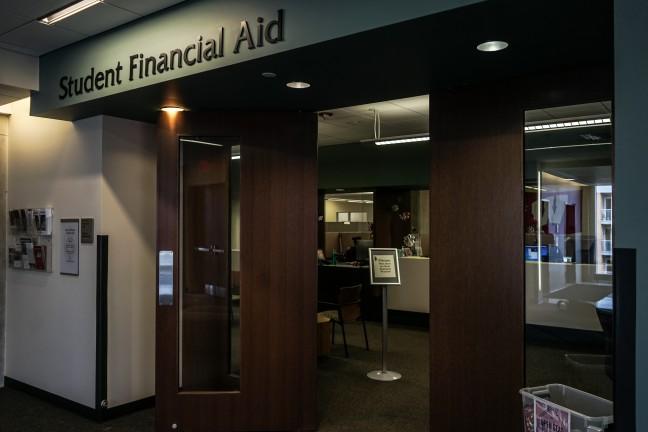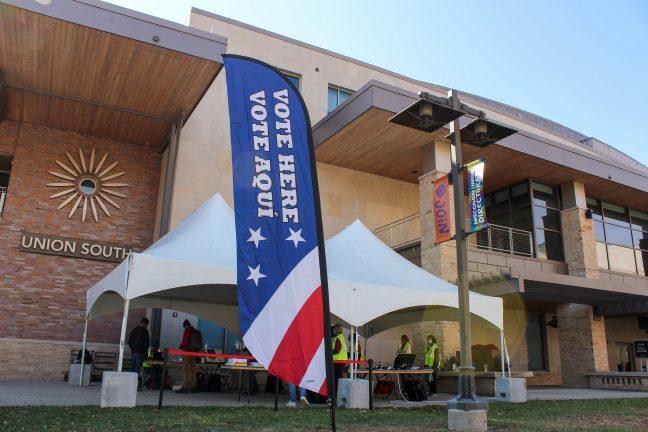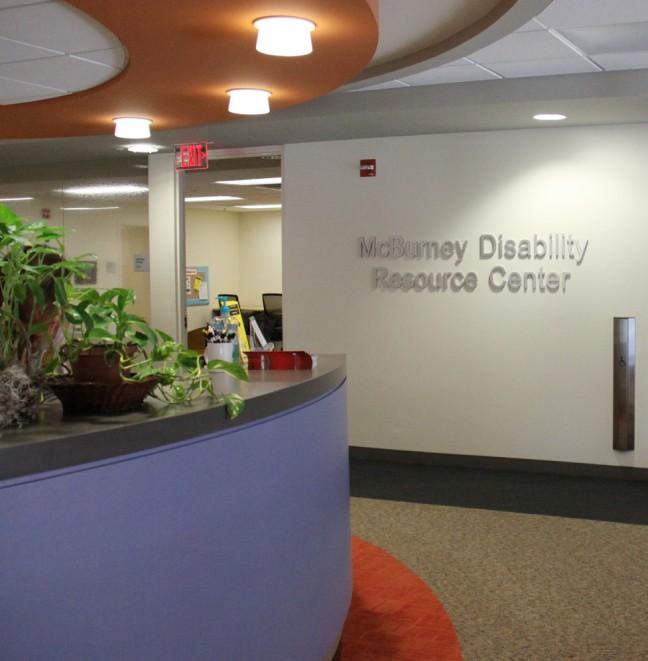As a student at the University of Wisconsin, I am relieved to hear that Bascom Hall and the Agricultural Building are no longer unsafe due to lead contamination from paint dust.
While lead paint is a serious issue, another important source of lead exposure is drinking water — as the crisis in Flint, Michigan demonstrated all too well. Lead pipes and parts are still pervasive in Wisconsin’s drinking water infrastructure, with an estimated 176,000 lead pipes spread all across the state.
UW campus building offices contaminated with unsafe levels of lead
Their corrosion can cause dangerous water lead levels, making our drinking water unsafe. The health hazards related to lead contamination are especially severe for young children and pregnant women, and include irreversible damage to the nervous system, learning disabilities and other lasting developmental issues. The problem is so widespread that our children are exposed to lead in drinking water even in schools and daycares across the state.
No level of lead exposure is safe — data shows that even the intake of water with significantly low levels of lead by pre-schoolers and elementary school children can detrimentally impact their cognition and learning abilities. A study conducted on 3,757 fourth-graders in Wisconsin found the math and reading test scores of students with relatively small levels of lead in the bloodstream were significantly lower compared to kids without increased blood-lead levels. The effects of lead exposure persisted seven to eight years later. Without action, children all across Wisconsin could lose a significant level of IQ points, owing to even low levels of lead exposure.
UW campus buildings free from unsafe lead contamination levels
The only way to keep drinking water from becoming laced with lead is to remove all lead infrastructure from water systems across Wisconsin, and it’s imperative for us to act now. Our state legislators should immediately pass SB48/AB78, a package of bills that would help communities remove lead parts from their drinking water systems.
For the sake of our families, friends, and children across Wisconsin, I encourage readers to contact their state senators and representatives to urge them to pass these bills by calling (608) 266-9960. It’s time to get the lead out of drinking water.
Michelle Thomas ([email protected]) is a sophomore majoring in international studies.














